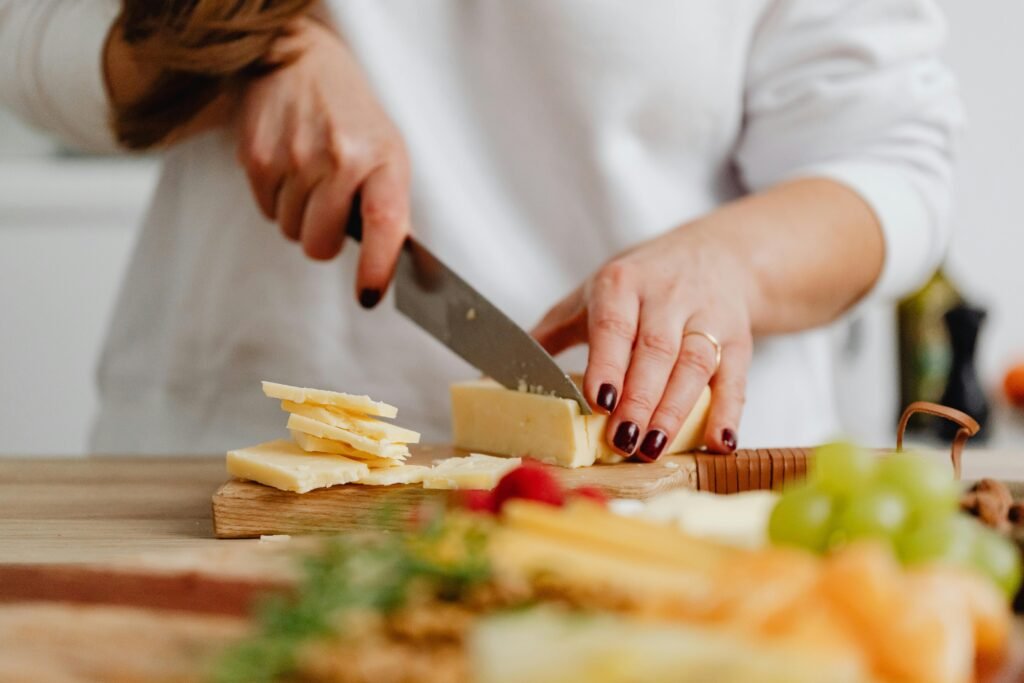
The dairy sector is undergoing a significant transformation driven by technological innovation and growing consumer demands.
In the Middle East, where milk and its derivatives are an essential part of the diet, the industry’s evolution is merging tradition and modernity to meet increasing demands in both volume and variety.
Products like labneh, laban, and ayran have always held a special place in the region’s dietary habits. These dairy staples, prized for their fresh taste and versatility, are now benefiting from advanced technologies that enhance quality and shelf life. For example, ultrafiltration and cold pasteurization processes preserve the organoleptic properties of these products, ensuring the authentic flavors that local consumers demand.


At the same time, the market is embracing innovative dairy products. Lactose-free milk, probiotic-enriched yogurts, and cheeses with optimized nutritional profiles are gaining popularity, particularly among younger generations and health-conscious consumers. These innovations are made possible by cutting-edge solutions, such as specialized enzymes for lactose reduction or microfiltration techniques that achieve creamier textures and more intense flavors.
Another critical aspect of the dairy sector in the Middle East is the preservation of products in a particularly hot climate. Innovations in refrigeration and packaging systems are playing a pivotal role. Advanced packaging materials that combine sustainability and thermal insulation help extend product shelf life without compromising freshness. Additionally, the adoption of more efficient refrigerated logistics solutions ensures optimal distribution, even in remote areas.

Tradition, however, remains a cornerstone for local and international producers aiming to succeed in the Middle Eastern market. Adapting products to local tastes and preferences is essential. Many companies are collaborating with chefs and local producers to create new cheese and yogurt variations incorporating traditional flavors such as saffron, dates, or mint.
This blend of tradition and innovation is not limited to the final product but extends to production processes. The adoption of more sustainable practices, such as reducing water consumption and utilizing renewable energy in manufacturing facilities, enhances the industry’s image in the eyes of environmentally conscious consumers.
The dairy sector in the Middle East is thus continuously evolving, capable of meeting the demands of a dynamic market through a perfect balance of tradition, innovation, and sustainability. Producers who invest in advanced technologies while respecting local cultural nuances will have the privilege of participating in this exciting growth phase.
